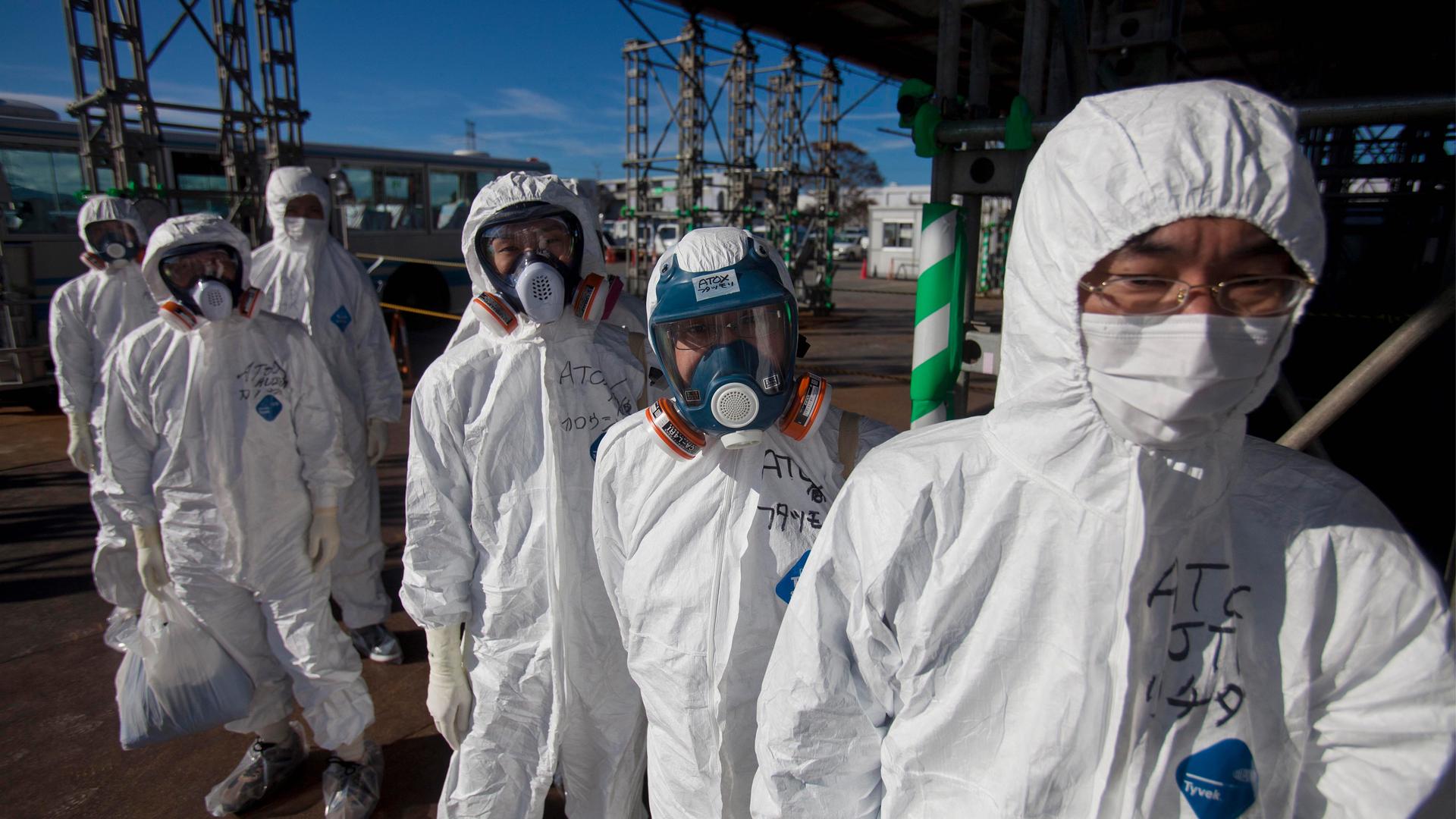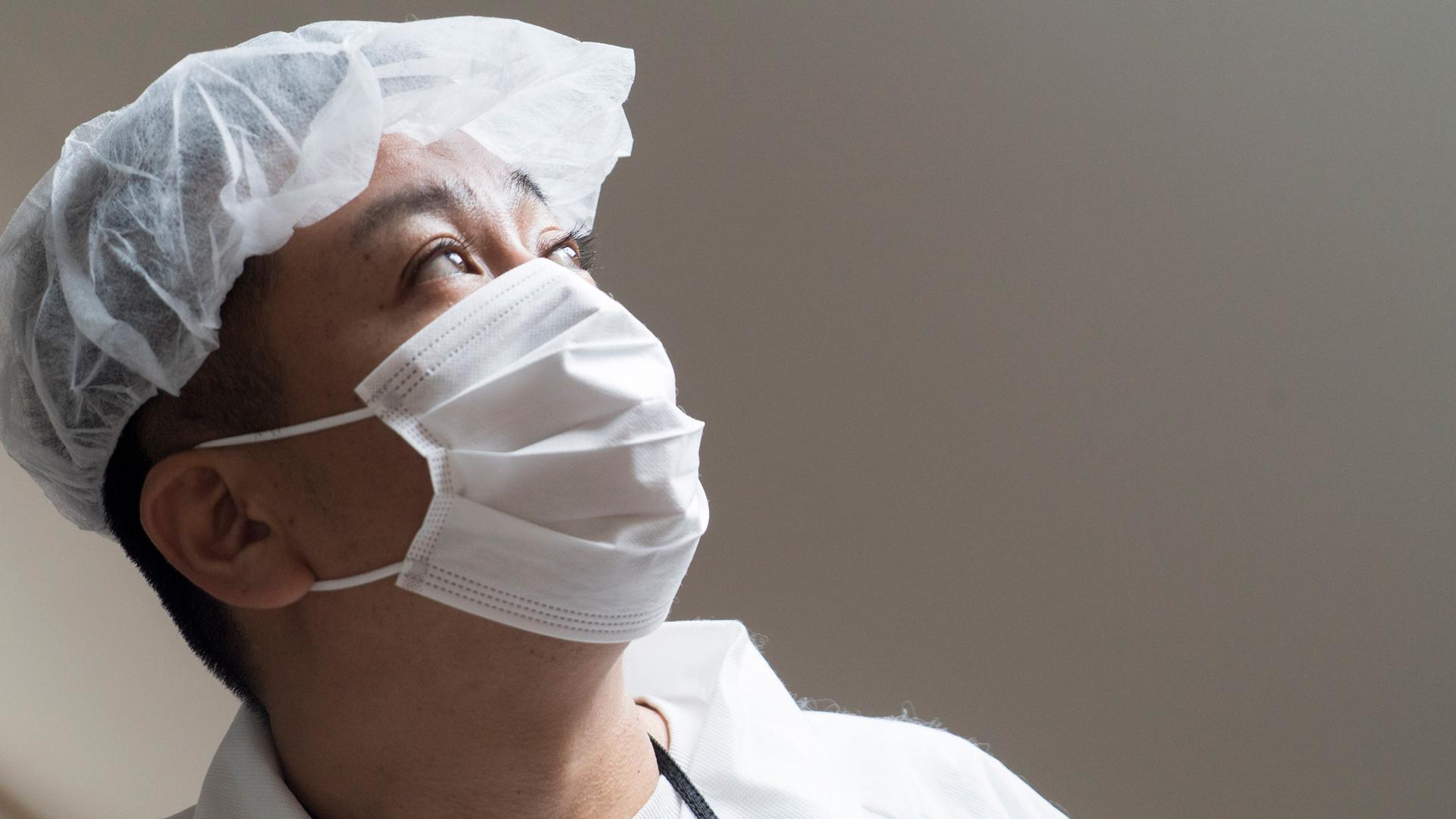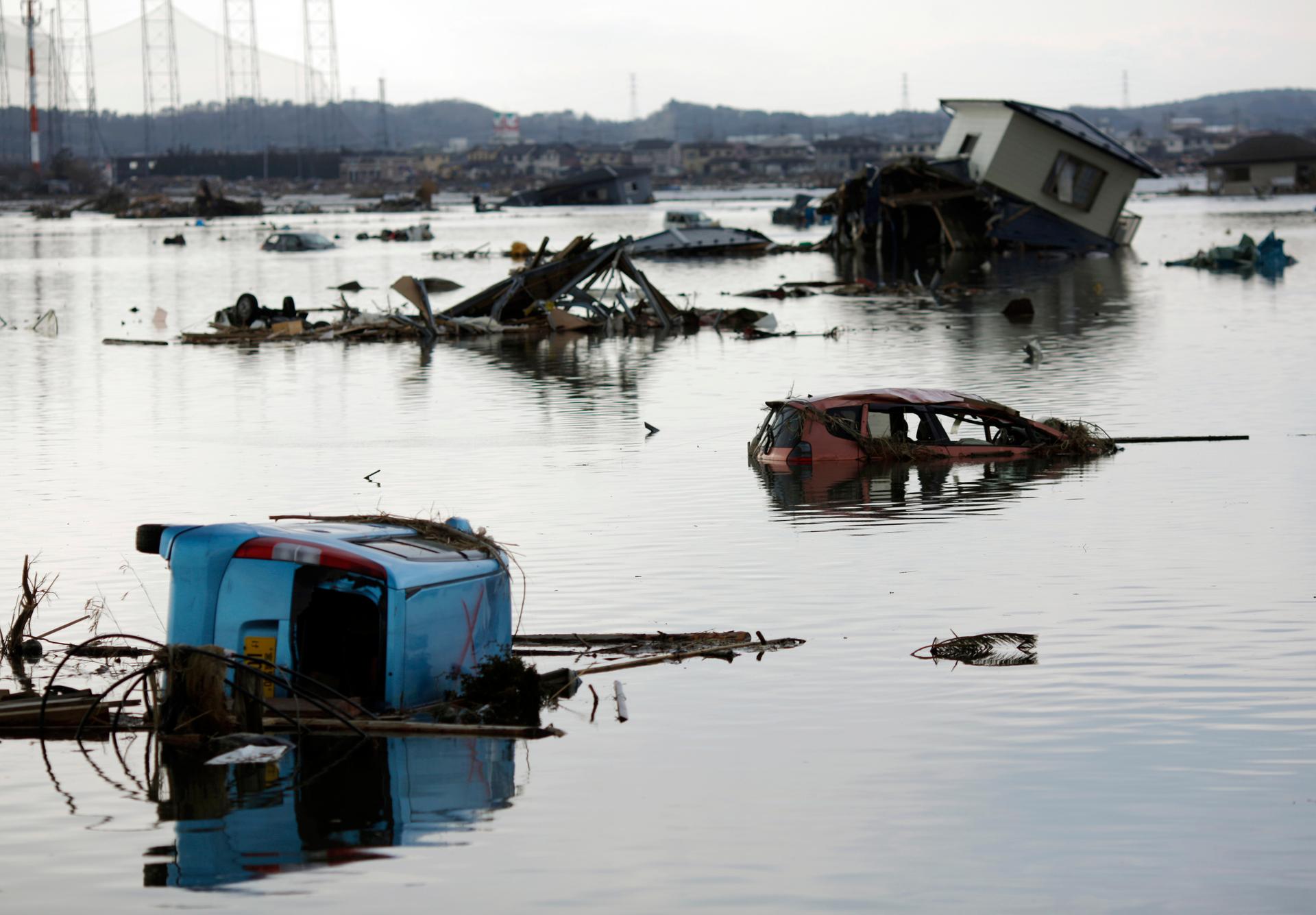Fukushima
Author Yoichi Funabashi on Fukushima crisis 10 years later: Nuclear energy was and still is ‘unforgiving’
Yoichi Funabashi, one of Japan’s most imminent journalists and author of a new book titled “Meltdown: Inside the Fukushima Nuclear Crisis,” told The World that there was a lack of emergency training for that critical scenario faced on March 11, 2011.
Japan’s timid coverage of Fukushima led this news anchor to revolt — and he’s not alone
Many Japanese believe the media hasn’t done its job in holding the government and power companies accountable for the Fukushima disaster. Jun Hori, a former TV anchor, agreed. Now he and others are starting new media companies to break the compliant mold of Japanese reporting.
Not everyone wants the clean-up in Fukushima to be over
It’s been three and a half years since the nuclear disaster in Fukushima, and clean-up is still going. The area is still too dangerous for residents to return, but an army of decontamination employees has created its own small economy in the area, keeping a small number of businesses alive.
Science reporter Miles O’Brien on the Fukushima cleanup, irradiated fish and losing his arm on assignment
Three years after the tsunami-induced meltdown at Japan’s Fukushima Daiichi nuclear power plant, PBS NewsHour correspondent Miles O’Brien talks about the continuing contamination crisis, and the accident that caused him to lose his arm.Three years after the tsunami-induced meltdown at Japan’s Fukushima Daiichi nuclear power plant, PBS NewsHour correspondent Miles O’Brien talks about the continuing contamination crisis, and the accident that caused him to lose his arm.
One lesson of the Fukushima nuclear meltdown is that Japan’s culture needs to change
Three years after the triple meltdown at Japan’s Fukushima Daiichi nuclear power plant, neither local communities nor the country’s economy have fully recovered. And one critic says Japan won’t be safe again until it’s made some fundamental changes in its culture.Three years after the triple meltdown at Japan’s Fukushima Daiichi nuclear power plant, neither local communities nor the country’s economy have fully recovered. And one critic says Japan won’t be safe again until it’s made some fundamental changes in its culture.


